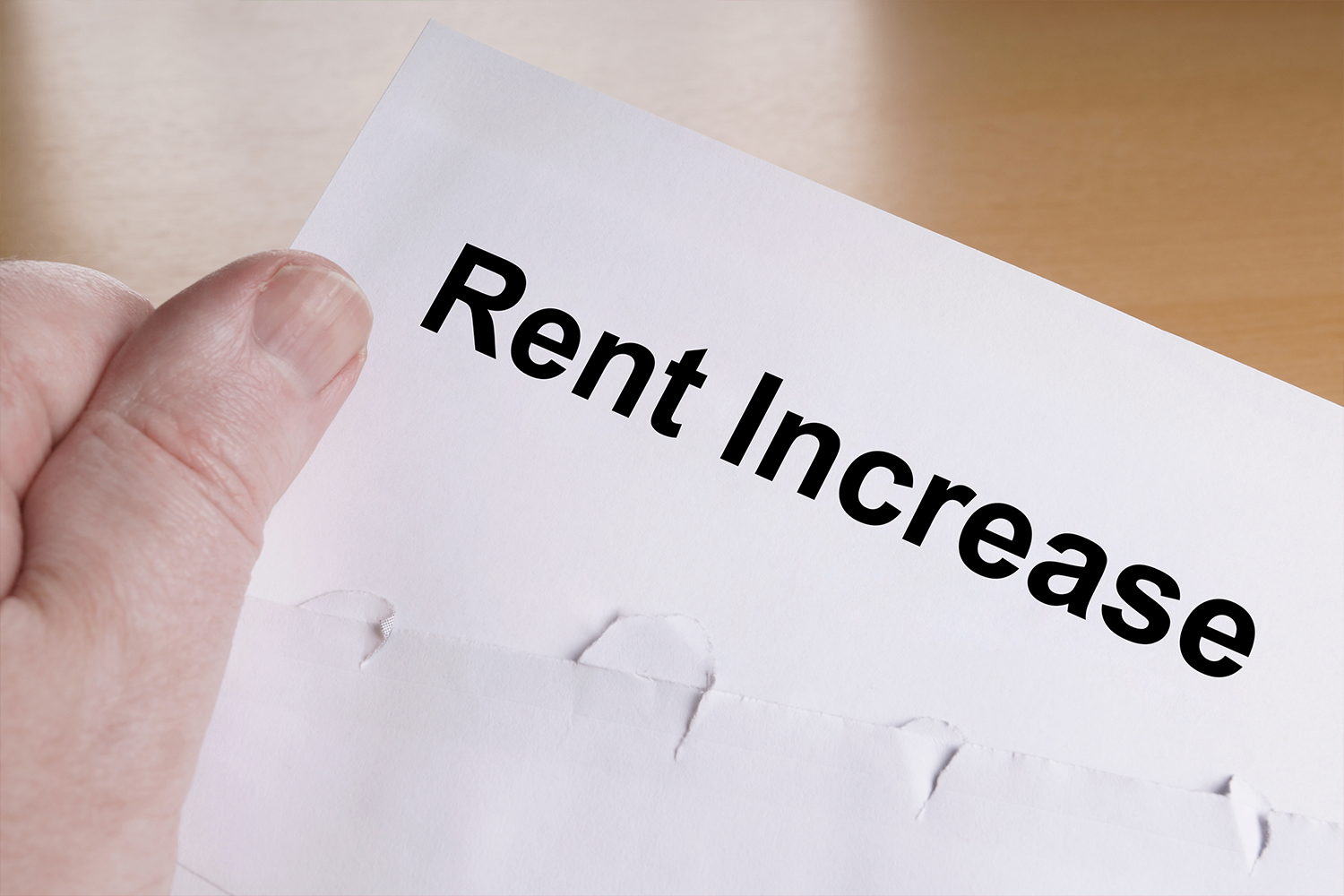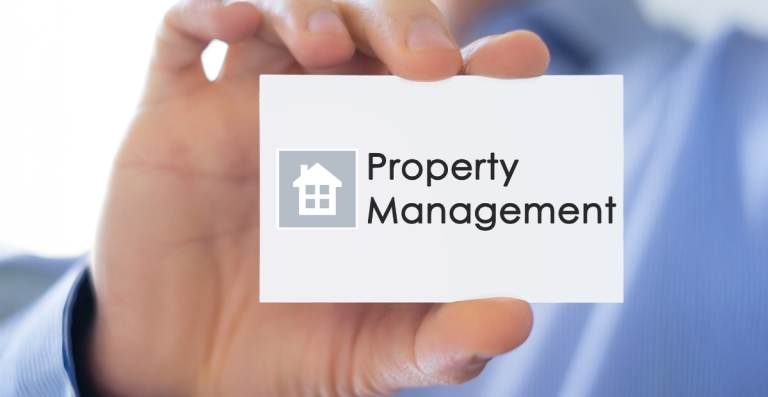Dubai’s rental market in 2025 continues to evolve with updated laws that reflect the emirate’s commitment to transparency and fairness. Both tenants and landlords must stay up to date with these regulations, especially concerning renewals and rent adjustments. This guide breaks down the current legal landscape governing rental renewals and rent increases, offering clarity on your rights and responsibilities in Dubai’s dynamic property environment.
Understanding Dubai Rental Renewal Rules
The Dubai rental renewal rules aim to protect both tenants and landlords. Tenants gain stability, while landlords can still charge fair market rates.
By law, landlords must give tenants 90 days’ notice for any non-renewal or contract changes, such as rent hikes. If the notice isn’t given, the lease continues on the same terms unless both parties agree otherwise.
Since 2025, landlords must follow the Smart Rent Index. This system, created by the Dubai Land Department, uses AI to set fair rental values. It factors in property type, historical rents, and area trends.
If a landlord proposes an increase that doesn’t match the index—or gives less than 90 days’ notice—the change is invalid. Tenants are not legally bound to accept it.
Landlords also cannot charge any lease renewal fees. These rules are in place to prevent unfair charges and sudden rent spikes. They help keep the rental market fair and predictable for everyone.
The Dubai Tenancy Contract Renewal Process Explained
The Dubai tenancy contract renewal process starts when either the landlord or the tenant signals their intent to continue the lease. This usually happens in the final three months of the current term.
Here are the key steps and conditions involved:
- Notification: A clear notice of renewal intent must be given by either party. While not legally mandatory for renewals, this is a good practice to prevent miscommunication.
- Standard Terms Apply: If both parties agree to renew, the lease continues under the same terms unless new ones are negotiated.
- Mutual Consent on Changes: Any updates, such as a rent increase or modifications in payment terms, must be agreed upon by both sides.
- Documentation: Updated documents, such as a new or revised contract, must be prepared and signed.
- Ejari Registration: The renewed lease must be re-registered with Ejari to remain valid under Dubai law.
- No Renewal Fees: Landlords are not allowed to charge tenants any fee for renewing the contract.
By following this structured process, both landlords and tenants can avoid disputes and ensure legal continuity of their tenancy agreement.
Rent Increase Law Dubai 2025: What Tenants and Landlords Need to Know
The rent increase law Dubai 2025 continues to follow the Real Estate Regulatory Agency (RERA) index, which governs how much a landlord can raise rent based on current market averages.
The law categorically limits arbitrary rent hikes, ensuring any increase is aligned with the permissible range defined by the RERA calculator. For instance, if your rent is already in line with or higher than similar properties in the area, landlords may be legally barred from increasing it. The updated 2025 guidelines emphasize a data-driven approach to avoid exploitation.
Tenant Rights in Dubai Rent Increase Situations
Understanding tenant rights in Dubai rent increase scenarios is crucial for maintaining a balanced landlord-tenant relationship. Tenants have the right to challenge unfair increases through the Rental Dispute Settlement Center.
Moreover, tenants are entitled to be notified 90 days in advance of any intended rent hike. If this notification is not provided, the increase cannot be enforced. Such laws aim to protect tenants from sudden financial strain and ensure they are not blindsided by abrupt changes in lease terms.
Dubai Tenancy Law for Landlords: Legal Obligations
The Dubai tenancy law for landlords lays out clear and enforceable responsibilities for property owners. These are designed to protect tenants from exploitation and to ensure a transparent, fair rental environment.
Landlords must:
- Provide habitable living conditions: The property must be safe, clean, and structurally sound. Basic utilities such as water, electricity, and sanitation should be fully functional.
- Give advance notice of changes: Any changes to the lease—including rent increases, non-renewals, or new terms—must be communicated to the tenant at least 90 days before the end of the current lease term.
- Avoid unjust evictions: Eviction must follow proper legal grounds, such as major renovation, personal use, or property sale, and requires formal notice and often approval from the Rental Dispute Settlement Center.
- Comply with the RERA rental index: Any rent increase must fall within the limits set by this index, which considers current market rates and location-specific data.
Failure to meet any of these obligations can lead to serious consequences. Tenants can file complaints with the Rental Dispute Settlement Center, and landlords may face fines or legal penalties. These laws promote accountability and encourage open, honest negotiation between landlords and tenants.
Dubai Tenancy Contract Renewal Process: Tips for Tenants
Navigating the Dubai tenancy contract renewal process becomes much easier when tenants are informed and proactive. Below are key actions tenants should take to ensure a smooth renewal experience:
Stay Ahead of Deadlines
- Mark your lease expiry date on your calendar.
- Start renewal discussions at least 90 days before expiry.
Understand Rent Benchmarks
- Use the RERA rent calculator to check if your current rent is within market range.
- Ask your landlord for justification if a rent increase is proposed.
Double-Check Your Paperwork
- Review your Ejari certificate to ensure details match your contract.
- Confirm that the renewed lease is re-registered with Ejari after signing.
Document Everything
- Keep all communication with your landlord in writing.
- Save digital and physical copies of renewal notices and agreements.
Know When to Seek Help
- If you receive a rent hike without 90 days’ notice, it may not be valid.
- Contact the Rental Dispute Settlement Center if you cannot resolve issues directly.
FAQs
How much notice must a landlord give before increasing rent?
At least 90 days before the end of the lease term, unless otherwise agreed in writing.
How can I check if a rent increase is legal?
Use the RERA rent calculator to compare your rent with the market index.
What should I do if I disagree with a rent increase?
You can file a case at the Rental Dispute Settlement Center for resolution.
Is Ejari renewal mandatory during contract renewal?
Yes, all tenancy contracts must be registered with Ejari for legal validity.
Can my landlord refuse to renew the contract without reason?
No, unless specific legal grounds such as property sale or demolition are documented and properly notified.









